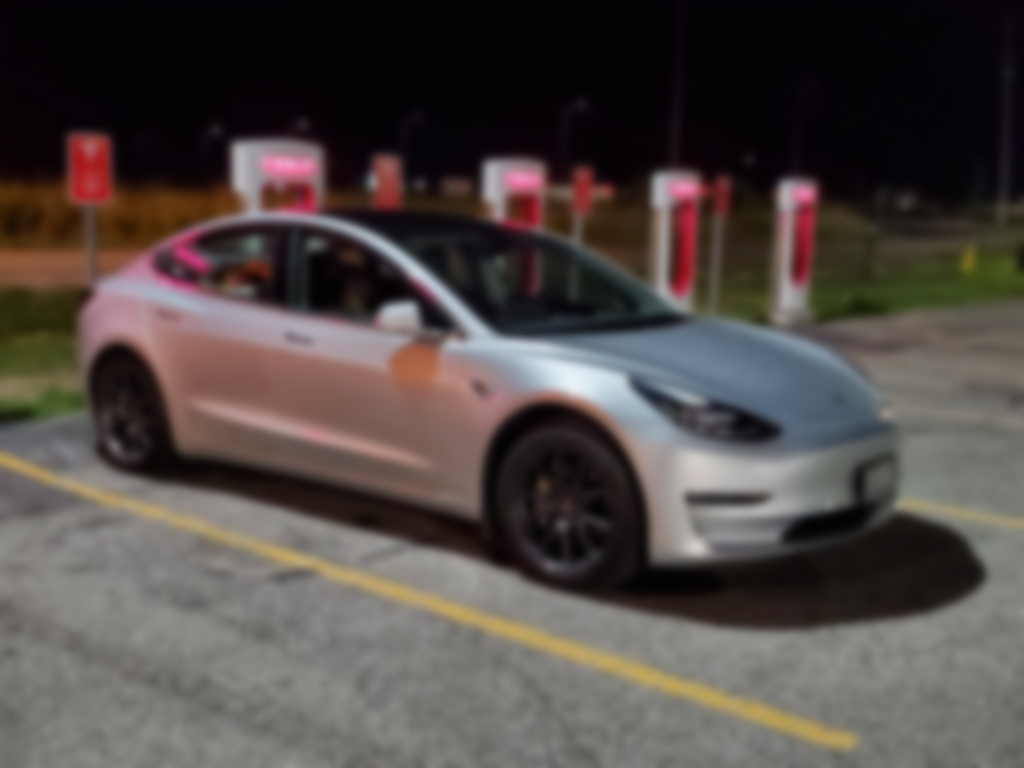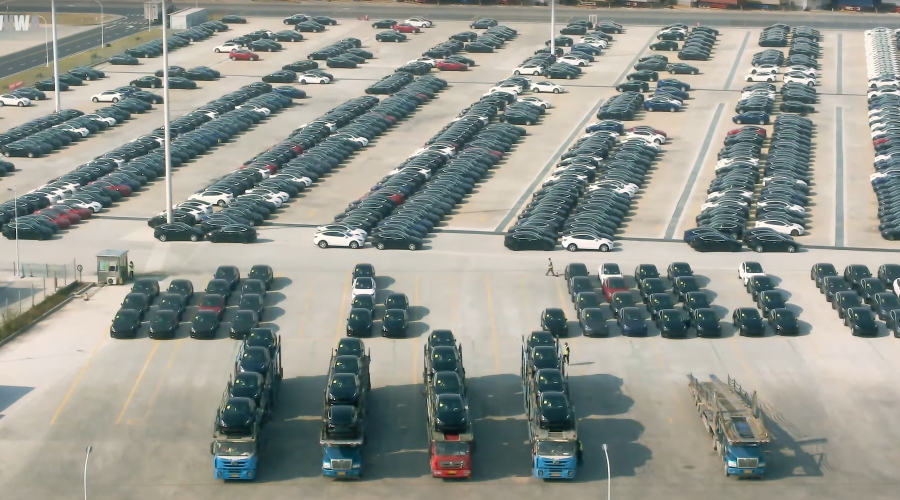If you catch a distinctive smell in the air, it’s Musk – as in Elon Musk. To steal a line from wrestler Hulk Hogan, Muskmania is going to run wild on you, brother.
In addition to all he has done with his social media site X (previously known as Twitter), SpaceX and Tesla, Musk is about to become a major influencer in the U.S. Government. He along with former Republican presidential candidate Vivek Ramaswany have been appointment by U.S. President-elect Donald Trump to oversee the newly-created Department of Government Efficiency (DOGE). Trump appointed the two to dismantle government bureaucracy, slash excess regulations, cut wasteful expenditures and restructure federal agencies.
Governments have never been concerned about expenditures, which is not exactly the way to do business. It’s a common refrain among critics that cutting through bureaucracy is like trying to get through a swath of bushes with a knife because of all the layers of red tape.

Whether you like or dislike Trump, he’s going to shake things up, perhaps even more so than he did when elected President the first time in 2016. With Trump you never know.
Hiring Musk to do this is interesting. Musk led the worldwide shift to vehicle electrification with Tesla. He took over the company and with his aggressive mentality created a revolution. It subsequently forced the automobile manufactures to follow suit. Early adopters of Teslas literally paid the price to buy Musk’s electric vehicles because he had a monopoly. Even with government rebates, the cost of purchasing a Tesla was what consumers would pay for a luxury automobile.

Musk lost his stranglehold when manufacturers collectively made EV production a priority because of governments that wanted to do their part to save the planet from fossil fuels and the effects on the environment. While COVID and the supply chain for parts impacted the flow of cars to dealers, they now have excess EVs and are having a hard time selling them. I have heard from many dealers who have said the demand for hybrid vehicles is so huge they can’t stock them fast enough. That’s because many consumers want to transition into EVs instead of going directly into them from gas-powered cars.
Consumers as a whole have other EV concerns. Many worry if they are travelling long distances they will find it hard to locate a place to recharge because infrastructure is lacking in many places, in particular away from major highways and thoroughfares. That said, there are ways to get around that by simply not waiting until the charge is dangerously low. It also doesn’t take that long to recharge for people who think that is a problem because of fast chargers at dealerships, restaurants and public places. That’s why hybrids are so popular. It is an option.

Some consumers don’t want to pay $15,000 or more for an EV compared to a similar gas-powered car. You can’t fault them for that, though there doesn’t seem to be an issue with the cost of a hybrid.
What’s interesting now is that because of the surplus of EVs, dealers are offering discounts to make the purchase more enticing. During COVID and the supply shortage, consumers had to either accept the advertised price for a new car or stick with their existing one. Now there is room for consumers to negotiate, although some dealers have adopted a no-bartering policy. In some respects that’s better than having to play the negotiating game. Also, with interest rates dropping, consumers may be in a better position to make car purchases.
But isn’t Trump’s ideology of making America great again with doubling down on gas directly opposed to Musk’s strong belief in electrification? Not necessarily. I think Trump will make building EVs – and I believe hybrids will be a big part of this – a priority in the U.S. He will give consumers a choice of gas-powered cars, EVs or hybrids. I think some governments didn’t foresee just how popular hybrids would become. So putting a financial carrot in front of consumers isn’t necessary anymore. Everyone knows about EVs and rebates aren’t needed anymore, which was the case with the early adopters.
Trump is considering ending federal rebates for purchasing EVs. Maybe he will use it to create more infrastructure and/or entice manufacturers to build plants in the U.S. for car and batteries. That’s the case in Ontario with Conservative Premier Doug Ford, who wooed foreign manufacturers to build plants in his province. It was a hell of a sales job. Ford scrapped provincial EV rebates of up to $14,000 by the previous Liberal government upon election in 2018. He said consumers who buy EVs are “millionaires,” which created quite a stir among his critics, mind you nothing compared to Trump.
As an aside, Ford, who has some of Trump’s ideologies but without the same bluster, has also tried to create a leaner government by eliminating bureaucratic red tape.
But back to Trump and Musk. Trump is big on space exploration, which is good news for Musk and SpaceX, which proved a company could build a rocket ship as efficiently as NASA – maybe even more so.
So if you are Musk, it’s all good.
He will benefit from Trump, heretofore known as President Gas.
Perry Lefko is the Content Manager of The Car Magazine. He can be reached at [email protected]. Feel free to forward any story suggestions or comments.







